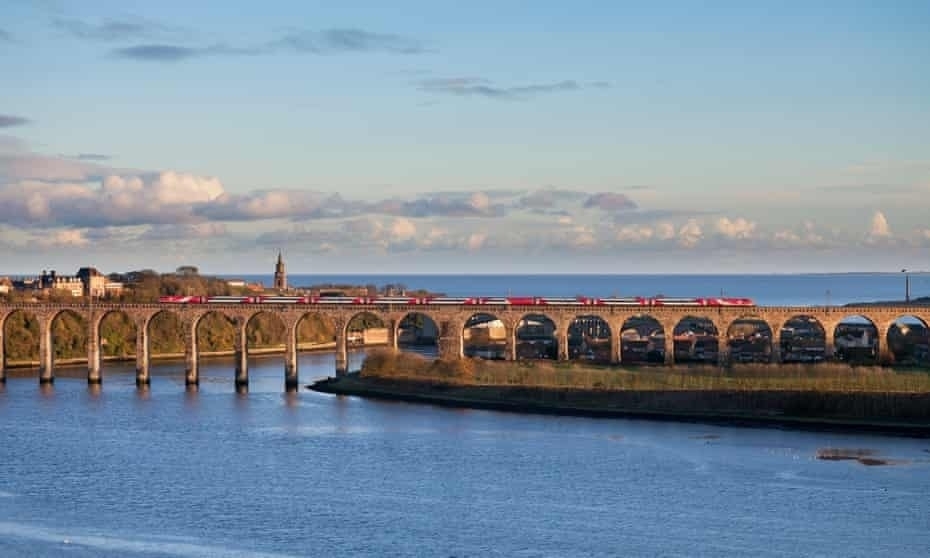Reducing long-distance travel
I agree with what Simon Jenkins is saying here about focusing on the ‘reduce’ part of sustainable travel. However, it does sound a bit like victim-blaming to say that people outside of London travel mainly by car.
We travel primarily by car because of the lack of other options. Infrastructure is important, including outside of our capital city.
It is an uncomfortable fact that most people outside London do most of their motorised travel by car. The answer to CO2 emissions is not to shift passengers from one mode of transport to another. It is to attack demand head on by discouraging casual hyper-mobility. The external cost of such mobility to society and the climate is the real challenge. It cannot make sense to predict demand for transport and then supply its delivery. We must slowly move towards limiting it.Source: Train or plane? The climate crisis is forcing us to rethink all long-distance travel | The GuardianOne constructive outcome of the Covid pandemic has been to radically revise the concept of a “journey to work”. Current predictions are that “hybrid” home-working may rise by as much as 20%, with consequent cuts in commuting travel. Rail use this month remains stubbornly at just 65% of its pre-lockdown level. Office blocks in city centres are still half-empty. Covid plus the digital revolution have at last liberated the rigid geography of labour.
Climate-sensitive transport policy should capitalise on this change. It should not pander to distance travel in any mode but discourage it. Fuel taxes are good. Road pricing is good. So are home-working, Zoom-meeting (however ghastly for some), staycationing, local high-street shopping, protecting local amenities and guarding all forms of communal activity.
